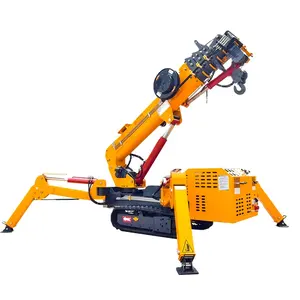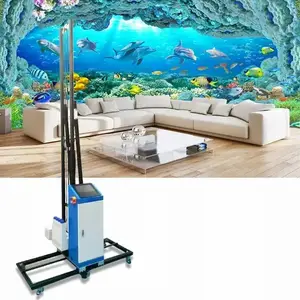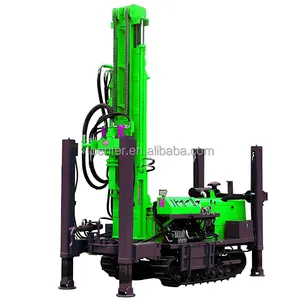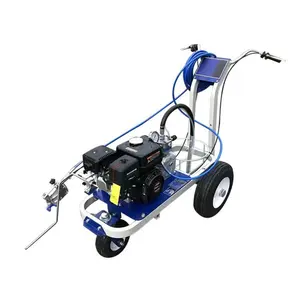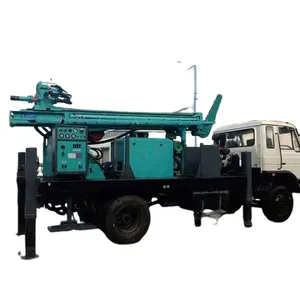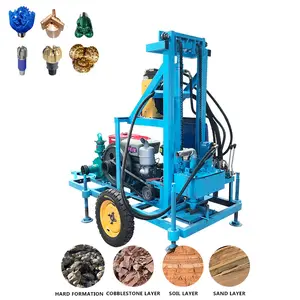Popular in your industry













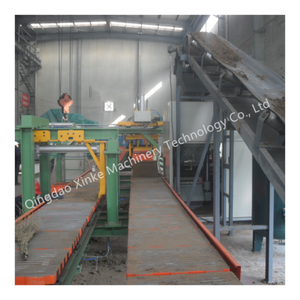
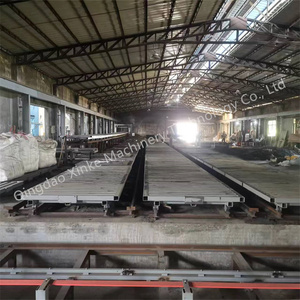
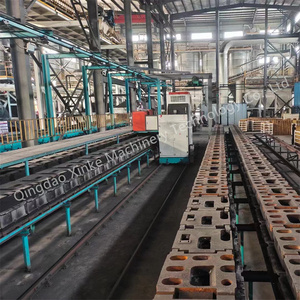

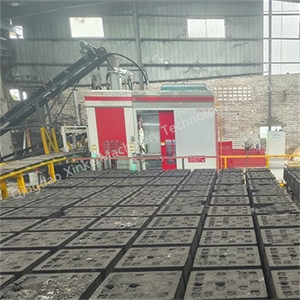






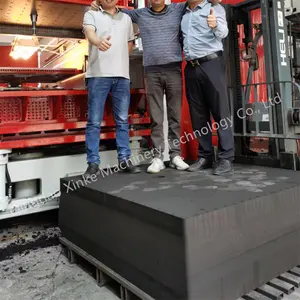












































Related Searches:








































































































































Top categories
About worm casting machine
Understanding Worm Casting Machines
Worm casting machines are specialized equipment designed for the efficient processing of organic waste into vermicompost, a nutrient-rich fertilizer. These machines facilitate the separation of worm castings from other decomposed matter, enhancing the productivity of vermicomposting operations.
Types and Applications
Vermicomposting equipment varies in design, each tailored to different scales of operation. For industrial applications, continuous flow systems are prevalent, allowing for the constant processing of organic material. In contrast, smaller units cater to localized composting needs, suitable for educational purposes or small-scale farming.
Features and Materials
A vermicompost machine typically features a sturdy construction, often made from metals that resist corrosion and wear. The internal mechanisms are designed to gently separate the castings while preserving the integrity of the worms, ensuring a sustainable cycle of compost production.
Advantages of Advanced Vermicomposting
The use of a compost worm separator streamlines the harvesting process, significantly reducing labor and time. This efficiency is crucial for commercial operations where the volume of compost production demands swift and continuous processing. Moreover, the enhanced purity of the castings results in a superior product for agricultural use.
Selection Considerations
When selecting a worm screener, it is essential to consider the scale of operation and the specific requirements of the composting process. Factors such as machine capacity, separation efficiency, and material compatibility are critical to ensuring a successful vermicomposting system.
Integration in Various Industries
Beyond agriculture, worm cast separator machines find applications in educational settings for research and demonstration purposes, showcasing sustainable waste management practices. They also play a role in urban farming initiatives, contributing to local food production systems.
